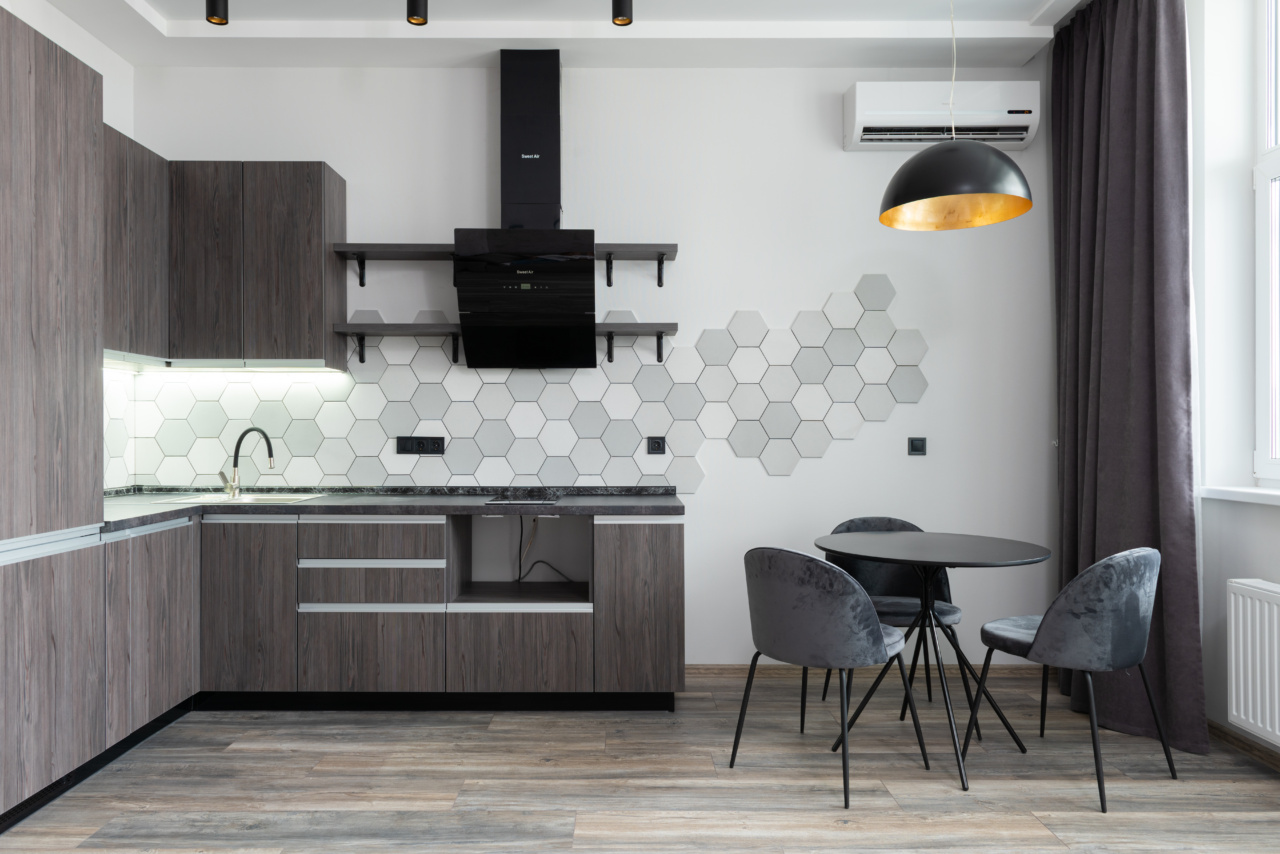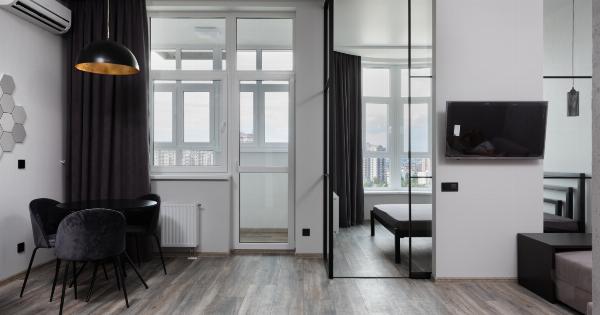Air conditioning has become a standard feature in many homes and offices, providing relief from sweltering heat and humidity. However, while air conditioning offers immediate comfort, it also poses certain hidden dangers that are often overlooked.
In this article, we will explore some of the lesser-known risks associated with air conditioning and how to mitigate them for a healthier and safer environment.
1. Indoor Air Pollution
One significant danger of air conditioning lies in the potential for indoor air pollution. When an air conditioning system is not adequately maintained, it can become a breeding ground for mold, bacteria, and other harmful contaminants.
These pollutants can circulate through the air, triggering or exacerbating respiratory problems such as allergies and asthma. Regular cleaning and maintenance of the system’s filters and ducts are essential to prevent indoor air pollution.
2. Dryness and Skin Irritation
While air conditioning can provide relief from heat and humidity, it often results in excessively dry indoor air. This lack of humidity can lead to dry skin, eyes, and respiratory passages.
Prolonged exposure to dry air can cause discomfort, itchiness, and even skin irritation in some individuals. Using a humidifier in conjunction with air conditioning can help restore moisture to the environment, reducing these potential risks.
3. Increased Energy Consumption
Air conditioning systems are notorious for their significant energy consumption. Running air conditioners for prolonged periods can lead to skyrocketing energy bills and contribute to environmental issues such as increased carbon emissions.
Utilizing energy-efficient air conditioning units and setting moderate temperature levels can help minimize energy consumption and reduce the strain on the planet.
4. Impact on the Ozone Layer
Many air conditioning units contain refrigerants that are harmful to the environment and contribute to the depletion of the ozone layer.
These refrigerants, known as hydrofluorocarbons (HFCs), have a high global warming potential when released into the atmosphere. With the increased use of air conditioning worldwide, the demand for HFCs continues to rise, posing a significant threat to the earth’s ozone layer.
Opting for air conditioning units that use more environmentally-friendly refrigerants, such as hydrofluoroolefins (HFOs), can help minimize this danger.
5. Potential Noise Pollution
While air conditioning systems are designed to operate quietly, older or poorly maintained units can cause excessive noise pollution.
Constant exposure to such noise can lead to annoyance, sleep disturbances, and even hearing damage, particularly when individuals are exposed to high noise levels over an extended period. Regular maintenance and upgrading to newer, quieter air conditioning models can help reduce the risk of noise-related issues.
6. Spread of Airborne Diseases
In certain scenarios, air conditioning systems can inadvertently contribute to the spread of airborne diseases.
If an individual infected with a contagious illness is in close proximity to an air outlet, the pathogen can be circulated throughout the space, potentially infecting others. Regular maintenance and cleaning of air conditioning filters and vents, along with proper ventilation, can help reduce the transmission of airborne diseases in confined environments.
7. Strain on the Respiratory System
Spending too much time in air-conditioned environments can have negative effects on the respiratory system.
The sudden change in temperature when moving from a cool indoor setting to the hot outdoor environment can cause respiratory distress in some individuals. Additionally, constantly breathing recirculated air can lead to a decrease in air quality, potentially irritating the respiratory system. Taking breaks from air conditioning and ensuring proper ventilation can help alleviate these concerns.
8. Impact on the Environment
In addition to the depletion of the ozone layer, air conditioning has other environmentally detrimental impacts.
The increased energy demand from widespread air conditioning use contributes to higher greenhouse gas emissions, exacerbating climate change. Furthermore, the disposal of old and inefficient air conditioning units often involves the release of harmful chemicals into the environment. Proper disposal and recycling of these units are crucial for minimizing environmental harm.
9. Effects on Sleep Quality
While air conditioning can help create a comfortable sleeping environment, it can also disrupt sleep quality.
Studies have shown that sleeping in cold or excessively cool conditions can lead to sleep disturbances, including difficulty falling asleep and maintaining a deep sleep cycle. Setting the air conditioning to a moderate and comfortable temperature can help promote better sleep quality.
10. Psychological Effects
The artificial environment created by air conditioning may have psychological effects on individuals.
Constant exposure to controlled temperatures and lack of natural airflow can lead to a disconnect from the natural environment, potentially affecting mood and overall well-being. Taking breaks from air conditioning and spending time in natural settings can help counterbalance these effects.





























